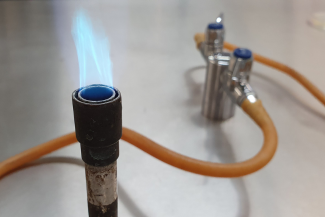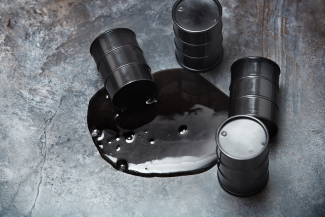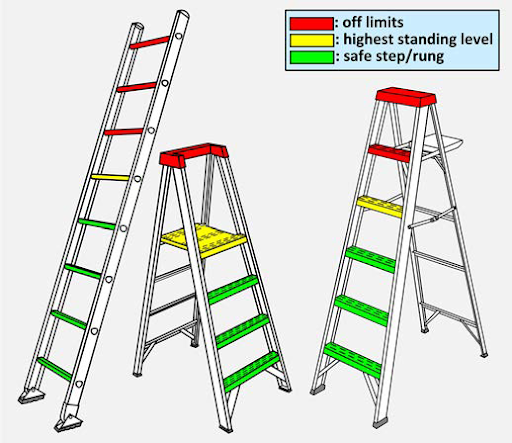Incident Lessons Learned: Ethanol Fire
28 February 2024

When working with an open flame, have an emergency response plan
Summary
Students in a lab were conducting spread plating techniques, which require ethanol and a bunsen burner to sterilize the spreader. When sterilizing the spreader using ethanol and a bunsen burner, the ethanol in the beaker caught fire. The personnel present were unsure of how to react to a fire in the beaker. They considered moving the beaker to the sink and using water, however they realized water would not be appropriate and moving the beaker was unsafe. They also had a fire extinguisher in hand but were concerned that the force would knock the beaker over and spread the burning ethanol. In the absence of a clear emergency response plan, they contacted UAPS, evacuated the space, and followed standard fire procedures which included evacuating the building.
Consequences
This incident thankfully had no significant consequences other than the inconvenience of evacuating a building. No one was injured and the fire was safely smothered by firefighters using a watch glass with no further damage to the lab. However:
- If the beaker was handled it could have resulted in injury to the students.
- If the beaker was doused in water it could have significantly spread the fire and caused burns.
- If a fire extinguisher was used the force could have knocked the beaker over, potentially spreading the burning alcohol and causing more damage, even if it could be controlled with the fire extinguisher.
- If the fire spread in the lab it could have caused injury, smoke inhalation, and significant building damage, which can also lead to lab, floor, or building shutdowns for clean-up.
Culture of Care
The Culture of Care calls for all employees to take responsibility for their own safety and that of others. With that in mind, being prepared for emergencies can help ensure you protect yourself and others.
Call to Action
All work that involves open flame and flammable substances must have an appropriate emergency response plan in place and all lab personnel must be trained in this plan. Please review your emergency response procedures for use of flammable substances and include the following:
- Ensure you have an emergency response plan and you practice it before an incident occurs.
- Make sure you have appropriate methods of handling a small alcohol fire in a container. This should include something to smother (eliminate the oxygen) the fire (such as a metal/glass lid/cover).
- Never use water to extinguish a fire involving flammable liquids.
- Make sure you have an appropriate fire extinguisher (and know the location and how to use it).
- Make sure you know what to do if the fire is too large. Evacuate, pull the fire alarm, and call 911.
If you are not certain about how to conduct the actions above, stop and speak to your supervisor.
The University of Alberta is committed to the safety, health and well-being of our faculty, staff and students. Every day, we advance this commitment to safety through the Culture of Care.



